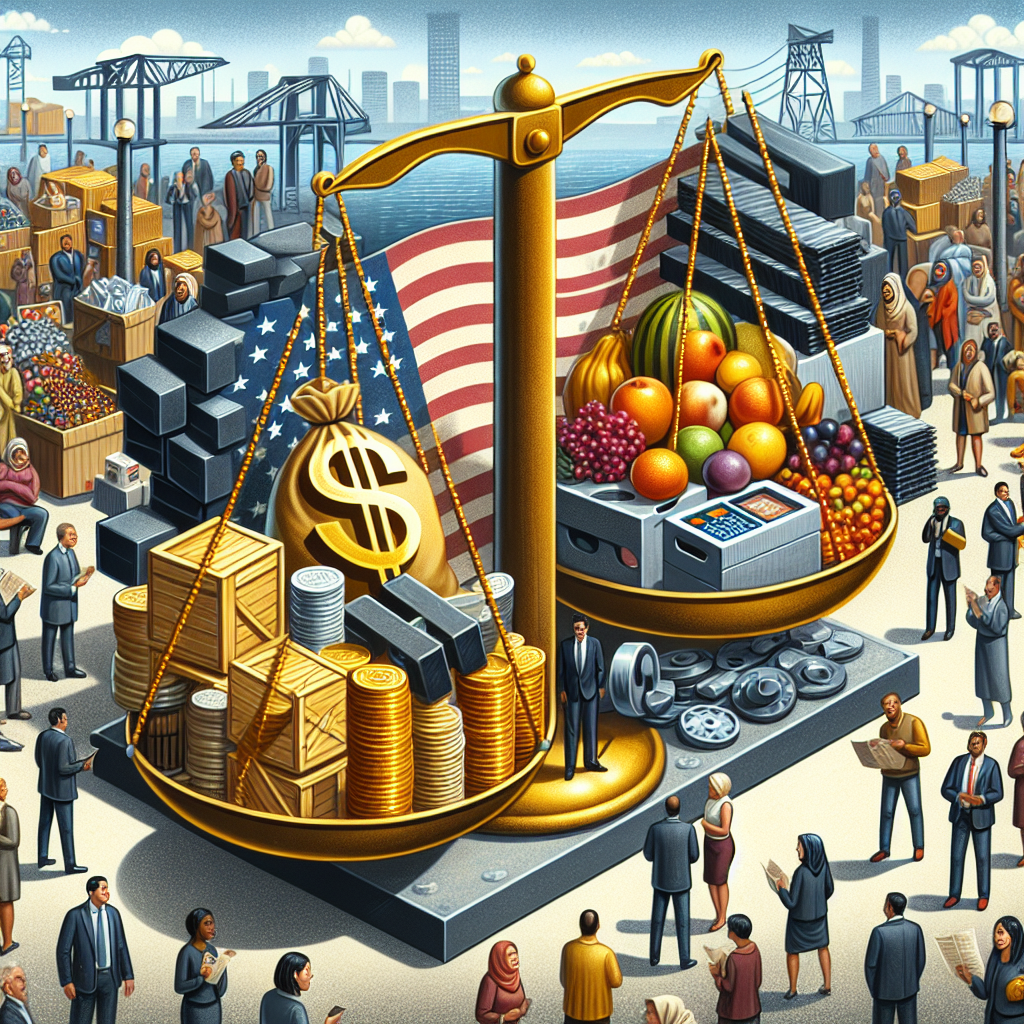Southeast Asia Faces Steep U.S. Tariffs: A New Economic Challenge
Southeast Asian nations, including Vietnam and Thailand, are reeling from hefty U.S. tariffs implemented under President Trump. These tariffs, ranging from 32% to 49%, pose a significant challenge to their export-driven economies. Nations plan to negotiate with the U.S. to mitigate the economic impact.

Southeast Asian countries are grappling with hefty tariffs imposed by the U.S. under President Trump's administration, causing significant economic concerns. Nations like Vietnam and Thailand, major exporters to the U.S., are particularly affected, with tariffs ranging from 32% to 49%, in comparison to the EU's 20%.
Vietnamese Prime Minister Pham Minh Chinh has established a task force to tackle the issue, while Thai Prime Minister Paetongtarn Shinawatra aims to negotiate lower tariffs. Meanwhile, Malaysia and Cambodia are also facing economic repercussions, with leaders looking for amicable resolutions to maintain free and fair trade.
Experts anticipate ongoing negotiations as Southeast Asian countries strive to reduce or mitigate the tariff impacts. The situation poses a direct threat to these nations' export-driven growth models, as they work to achieve economic targets amidst heightened trade tensions.
(With inputs from agencies.)










